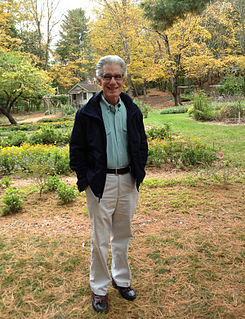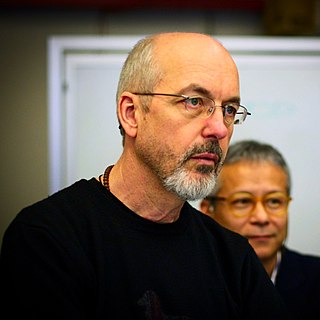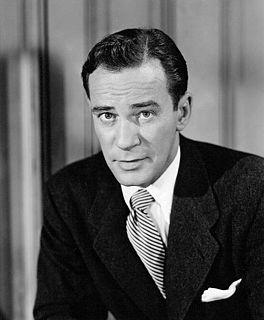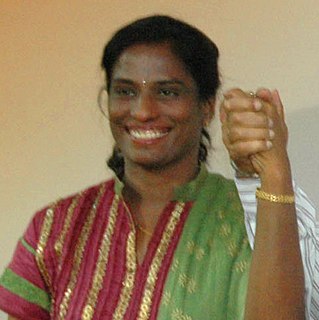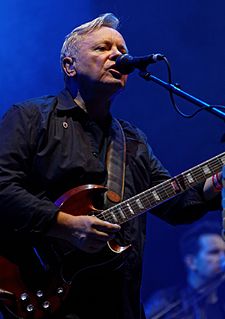A Quote by Paulo Coelho
But human beings are like that, she thought. We've replaced nearly all our emotions with fear.
Related Quotes
Mari remembered what she had read in the young girl's eyes the moment she had come into the refectory: fear. Fear. Veronika might feel insecurity, shyness, shame, constraint, but why fear? That was only justifiable when confronted by a real threat: ferocious animals, armed attackers, earthquakes, but not a group of people gathered together in a refectory. But human beings are like that,' she thought. 'We've replaced nearly all our emotions with fear.
All human actions are motivated at their deepest level by two emotions--fear or love. In truth there are only two emotions--only two words in the language of the soul.... Fear wraps our bodies in clothing, love allows us to stand naked. Fear clings to and clutches all that we have, love gives all that we have away. Fear holds close, love holds dear. Fear grasps, love lets go. Fear rankles, love soothes. Fear attacks, love amends.
There are only two emotions: love and fear. All positive emotions come from love, all negative emotions from fear. From love flows happiness, contentment, peace, and joy. From fear comes anger, hate, anxiety and guilt. It's true that there are only two primary emotions, love and fear. But it's more accurate to say that there is only love or fear, for we cannot feel these two emotions together, at exactly the same time. They're opposites. If we're in fear, we are not in a place of love. When we're in a place of love, we cannot be in a place of fear.
One cultivates spaciousness or awareness which allows you to acknowledge the emotions and see them as part of the human condition. Emotions are like subtle thought forms and they all arise in response to something outside yourself. They are all reactions. You cultivate a quietness in yourself that watches these emotions rising and falling and passing away.
She believed, and was entitled to believe, I must say, that all human beings were evil by nature, whether tormentors or victims, or idle standers-by. They could only create meaningless tragedies, she said, since they weren't nearly intelligent enough to accomplish all the good they were meant to do.
History leaves no doubt that among of the most regrettable crimes committed by human beings have been committed by those human beings who thought of themselves as civilized. What, we must ask, does our civilization possess that is worth defending? One thing worth defending, I suggest, is the imperative to imagine the lives of beings who are not ourselves and are not like ourselves: animals, plants, gods, spirits, people of other countries, other races, people of the other sex, places and enemies.



